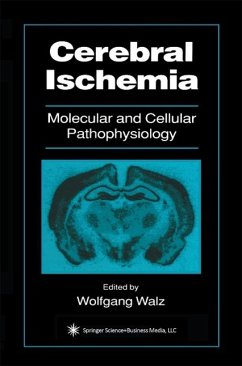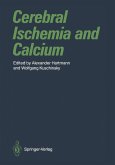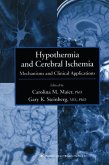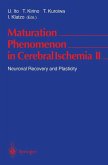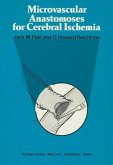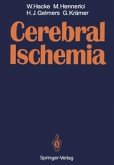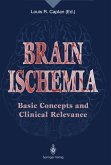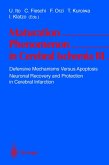Dieser Download kann aus rechtlichen Gründen nur mit Rechnungsadresse in A, B, BG, CY, CZ, D, DK, EW, E, FIN, F, GR, HR, H, IRL, I, LT, L, LR, M, NL, PL, P, R, S, SLO, SK ausgeliefert werden.
"...a clear source of knowledge for interested practitioners....The first part gives a clear overview of the mechanisms involved in cerebral ischemic damage....Each chapter of this book can be consulted on itself. Nevertheless, it gives a very homogeneous and coherent impression."-Acta Neurologica Belgica
"In this book, the editor, Wolfgang Walz, and a panel of experts in the field of cerebral ischemia give a broad insight into the current knowledge of molecular and cellular events occurring in the brain parenchyma during cerebral ischemia. The book is well structured....this book gives auseful summary of molecular and cellular aspects of cerebral ischemia, its length (284 pp.) makes it easily readable, and it can be recommended as an introduction to the field of clinicians and researchers interested in stroke."-European Neurology
"The author reviews also multiple therapeutic strategies corresponding to those various events induced by brain ischaemia....Very fundamental data related to the last developments of molecular biology, such as the reprogramming of gene expression after ischaemia and the neuronal death due to necrosis or apoptosis, are emphasized...Experts in the fields wrote the various chapters that include a very extensive bibliography. The book can be recommended to scientists concerned with basic mechanisms of brain ischaemia as well as to clinicians whose goal is the prevention of irreversible brain damage and he development of new therapies."-Acta Cardiologica

